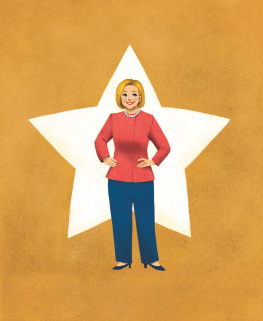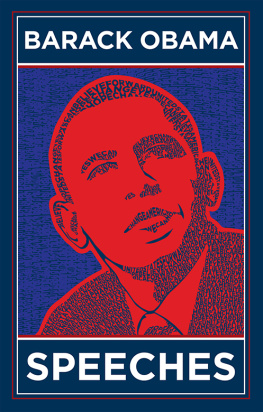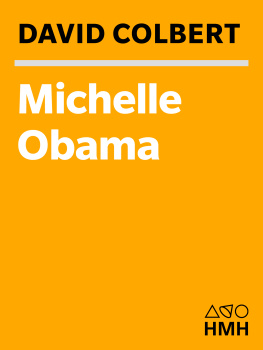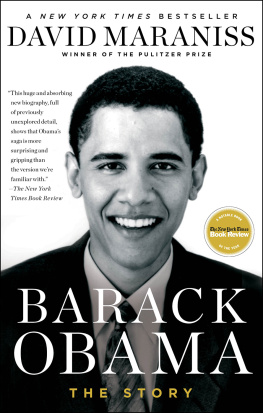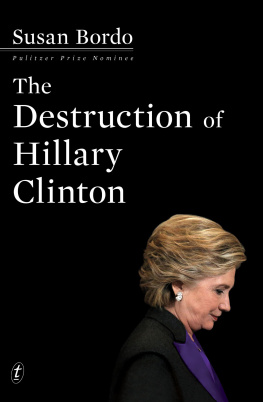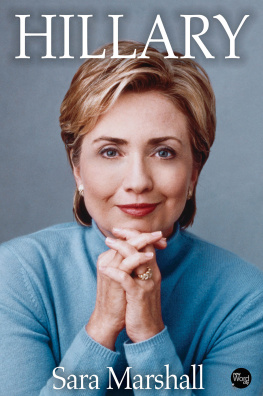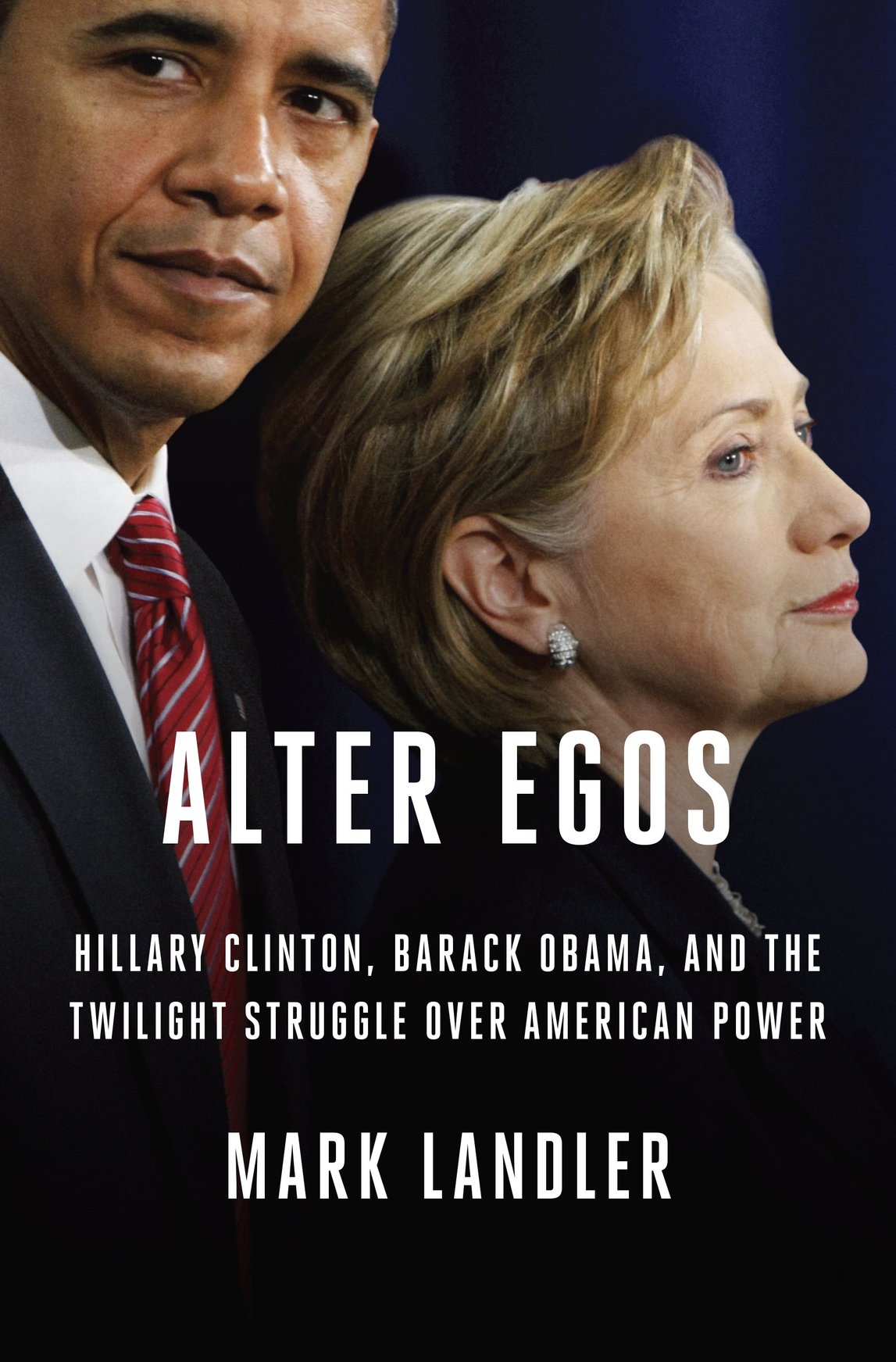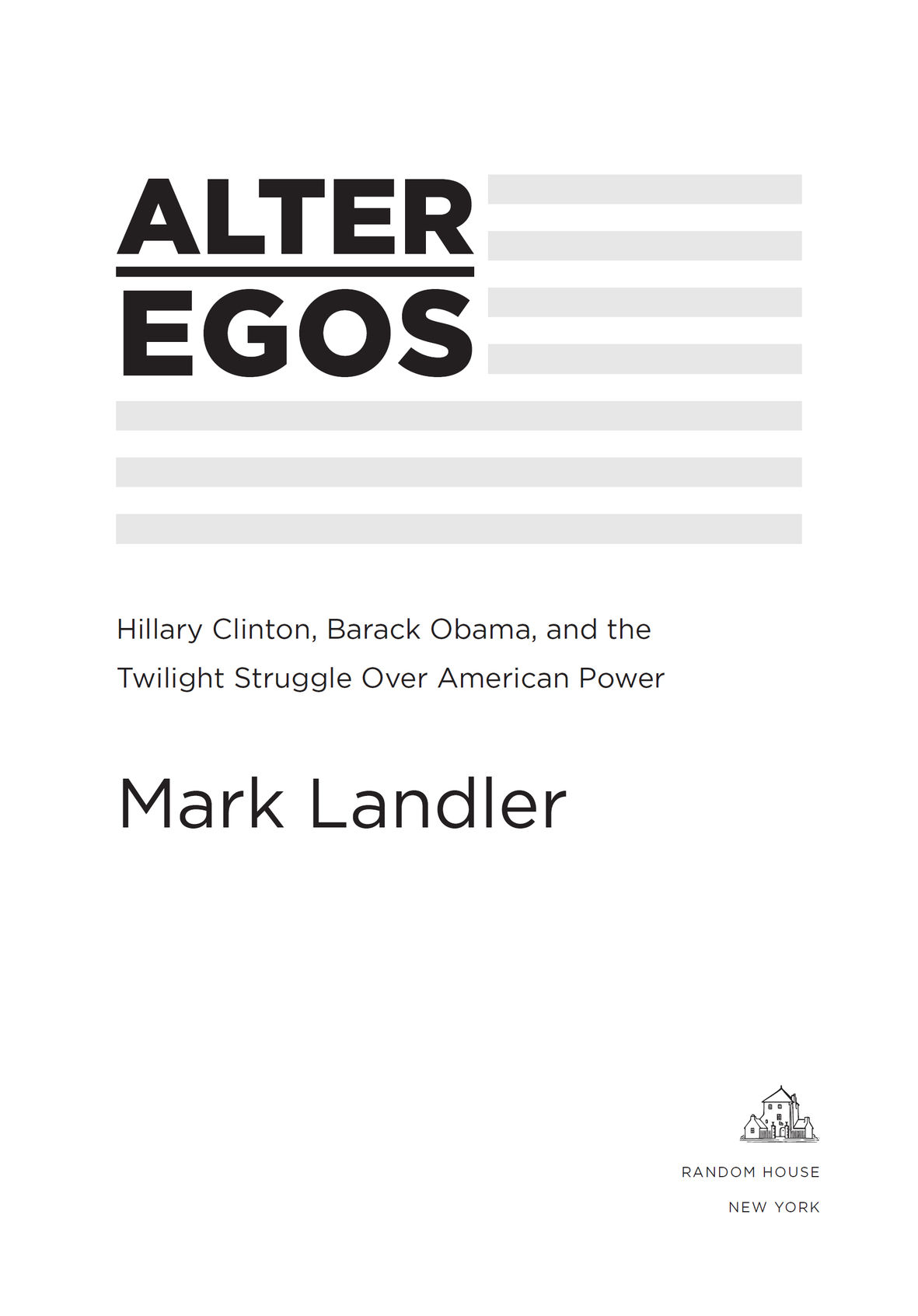Mark Landler - Alter Egos: Hillary Clinton, Barack Obama, and the Twilight Struggle over American Power
Here you can read online Mark Landler - Alter Egos: Hillary Clinton, Barack Obama, and the Twilight Struggle over American Power full text of the book (entire story) in english for free. Download pdf and epub, get meaning, cover and reviews about this ebook. year: 2016, publisher: Random House, genre: Politics. Description of the work, (preface) as well as reviews are available. Best literature library LitArk.com created for fans of good reading and offers a wide selection of genres:
Romance novel
Science fiction
Adventure
Detective
Science
History
Home and family
Prose
Art
Politics
Computer
Non-fiction
Religion
Business
Children
Humor
Choose a favorite category and find really read worthwhile books. Enjoy immersion in the world of imagination, feel the emotions of the characters or learn something new for yourself, make an fascinating discovery.

- Book:Alter Egos: Hillary Clinton, Barack Obama, and the Twilight Struggle over American Power
- Author:
- Publisher:Random House
- Genre:
- Year:2016
- Rating:3 / 5
- Favourites:Add to favourites
- Your mark:
Alter Egos: Hillary Clinton, Barack Obama, and the Twilight Struggle over American Power: summary, description and annotation
We offer to read an annotation, description, summary or preface (depends on what the author of the book "Alter Egos: Hillary Clinton, Barack Obama, and the Twilight Struggle over American Power" wrote himself). If you haven't found the necessary information about the book — write in the comments, we will try to find it.
In Alter Egos, veteran New York Times White House correspondent Mark Landler takes us inside the fraught and fascinating relationship between Barack Obama and Hillary Clinton--a relationship that has framed the nations great debates over war and peace for the past eight years.
In the annals of American statecraft, theirs was a most unlikely alliance. Clinton, daughter of an anticommunist father, was raised in the Republican suburbs of Chicago in the aftermath of World War II, nourishing an unshakable belief in the United States as a force for good in distant lands. Obama, an itinerant child of the 1970s, was raised by a single mother in Indonesia and Hawaii, suspended between worlds and a witness to the less savory side of Uncle Sams influence abroad. Clinton and Obama would later come to embody competing visions of Americas role in the world: his, restrained, inward-looking, painfully aware of limits; hers, hard-edged, pragmatic, unabashedly old-fashioned.
Spanning the arc of Obamas two terms, Alter Egos goes beyond the speeches and press conferences to the Oval Office huddles and South Lawn strolls, where Obama and Clinton pressed their views. It follows their evolution from bitter rivals to wary partners, and then to something resembling rivals again, as Clinton defined herself anew and distanced herself from her old boss. In the process, it counters the narrative that, during her years as secretary of state, there was no daylight between them, that the wounds of the 2008 campaign had been entirely healed.
The president and his chief diplomat parted company over some of the biggest issues of the day: how quickly to wind down the wars in Iraq and Afghanistan; whether to arm the rebels in Syria; how to respond to the upheaval in Egypt; and whether to trust the Russians. In Landlers gripping account, we venture inside the Situation Room during the raid on Osama bin Ladens compound, watch Obama and Clinton work in tandem to salvage a conference on climate change in Copenhagen, and uncover the secret history of their nuclear diplomacy with Iran--a story with a host of fresh disclosures.
With the grand sweep of history and the pointillist detail of an account based on insider access--the book draws on exclusive interviews with more than one hundred senior administration officials, foreign diplomats, and friends of Obama and Clinton--Mark Landler offers the definitive account of a complex, profoundly important relationship. As Barack Obama prepares to relinquish the presidency, and Hillary Clinton makes perhaps her last bid for it, how both regard American power is a central question of our time.
From the Hardcover edition.
Mark Landler: author's other books
Who wrote Alter Egos: Hillary Clinton, Barack Obama, and the Twilight Struggle over American Power? Find out the surname, the name of the author of the book and a list of all author's works by series.

